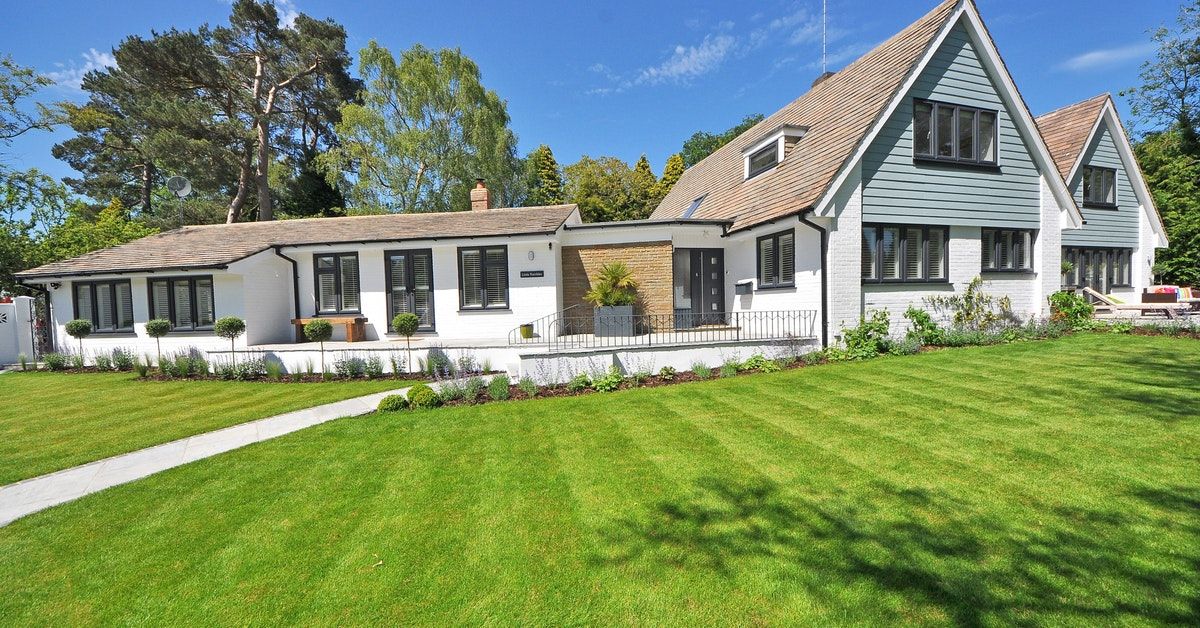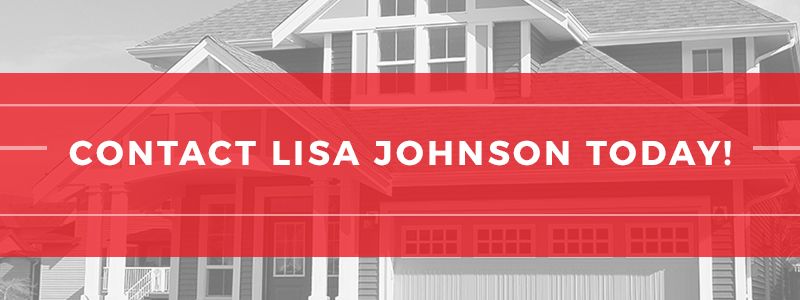Affordable housing is a concern in most desirable places to live, including British Columbia. When demand exceeds supply, prices rise, which makes it hard on those who are looking to buy or rent a home.
Lisa Johnson Mortgage Services offers home mortgages, as well as home refinances and home equity loans, in Prince George. An experienced and dedicated mortgage broker, Lisa Johnson specializes in helping you finance your dream home, or refinance your current one. In this blog post, we’ll examine what the speculation tax is and how it affects homeowners in British Columbia. Contact us today for all your home mortgage needs!
WHAT IS THE SPECULATION TAX?
For the vast majority of homeowners in British Columbia, the speculation tax will not apply to you. However, homeowners still need to know what the speculation tax is because a declaration has to be filled out in order to be exempt from this tax.
The speculation tax is a tax on residential property in certain parts of British Columbia of .5% of the property value. However, this tax can be more, depending on if the homeowner is a resident of British Columbia.
WHAT IS THE PURPOSE OF THE SPECULATION TAX?
The purpose of the speculation tax is to quell real estate prices in British Columbia that have made it increasingly difficult for residents to purchase a home. It is meant to target speculations who hold properties that sit vacant, as well as provide an incentive for these vacant homes to be rented out.
WHO IS AFFECTED BY THE SPECULATION TAX?
If your property is not a primary residence or a long-term rental, you could face the speculation tax. The following areas of British Columbia are affected:
- Metro Vancouver (excluding Bowen Island)
- The Capital Region District / Greater Victoria (excluding the Gulf Islands and Juan de Fuca)
- Kelowna and West Kelowna
- Nanaimo-Lantzville (excluding Parksville and Qualicum Beach)
- Fraser Valley (Abbotsford, Chilliwack and Mission only).
This tax is in addition to Vancouver’s Empty Home Tax, which taxes homes in Vancouver that are empty for more than 180 days at 1% of the property’s value.


